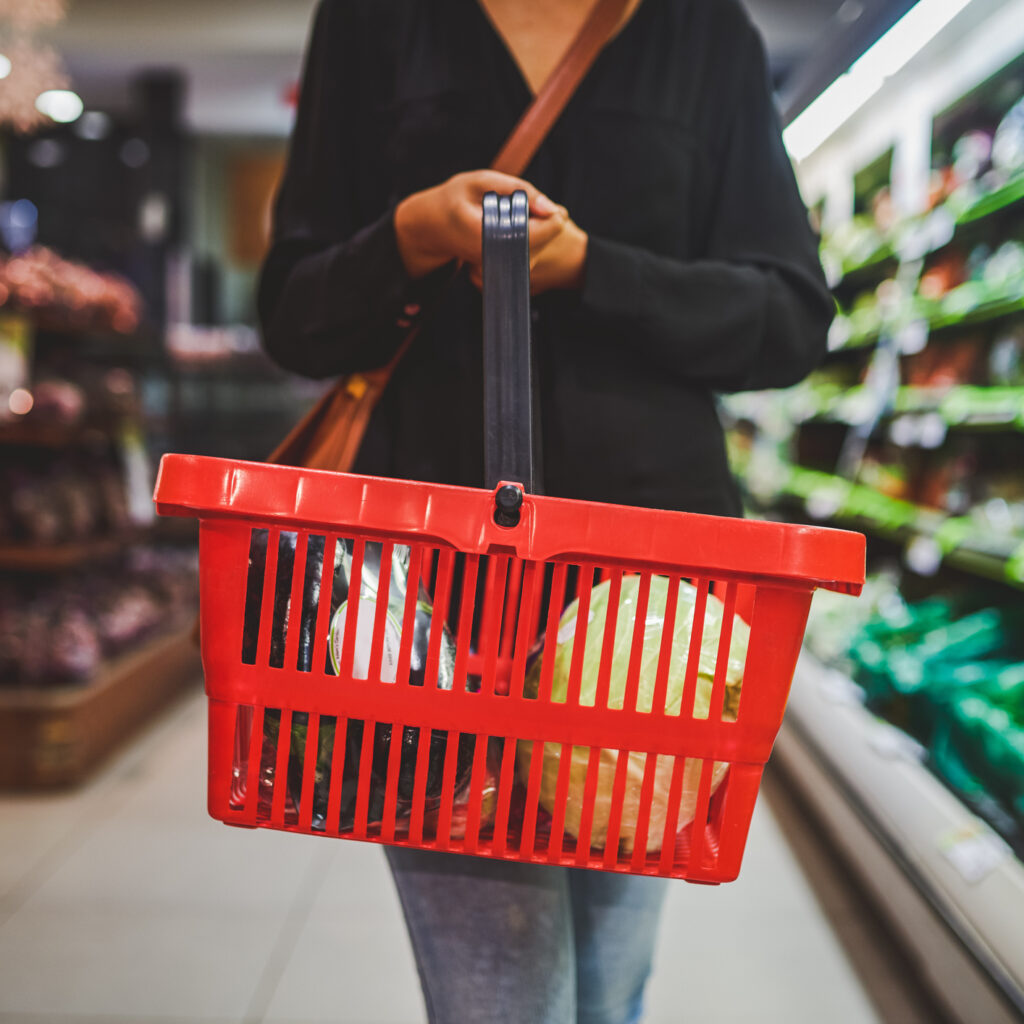Eating out less. Pushing off that home purchase. Cancelling the monthly gym membership.
These are just some of the ways American consumers are trying to save money as they navigate increased everyday prices that have forced households to become more conscious about their purchasing decisions. That means searching for more deals, cutting back on some essentials or changing shopping habits altogether.
While inflation rates have leveled off from their 2022 peak, high costs are still affecting the day-to-day lives of most people, according to California State University, Northridge marketing professor Mariam Beruchashvili. That has caused many consumers to trade down and spend less, when possible.
“The truth is, Americans are feeling the pinch right now, especially in gas and food prices,” Beruchashvili said. “While costs have plateaued recently, consumers are still changing their behaviors, which includes eating even more often at home, trading down to cheaper products and shopping at retailers’ consumers perceive are doing better at managing prices.”
At grocery stores, Beruchashvili said, consumers are shifting away from name brands to store-brand items, switching to discount stores or simply buying fewer items like snacks or gourmet foods. This shift has also led to less eating out at restaurants and more cooking at home.
It’s a trend that Beruchashvili does not see going away any time soon as prices remain about 19%, on average, above where they were before the Covid-19 pandemic.
“The American consumer pre pandemic is different from the one today,”Beruchashvili said. “Consumers are looking to stretch their budget; they’re looking to manage through inflation and they’re looking for value.
“Overall, consumers are much more careful with their money,” Beruchashvili said. “Take a cup of coffee, for example. A lot of consumers now are opting to buy coffee beans on Amazon and milk at the grocery store and make their own drink versus paying $6 bucks for Starbucks. I don’t think this behavior shift is going away anytime soon.”
As a result, some businesses have adjusted as their earnings have taken a hit. In recent months, companies like McDonalds and Wendy’s have rolled out value deals to entice customers back, while Target rolled out a new “dealworthy” brand with a focus on everyday basics.
“The bottom line is that post-pandemic prices and inflation continue to reshape our spending patterns and, while some businesses have adjusted, the ones that do not won’t make it,” Beruchashvili said. “Companies have to continue giving consumers real value, not just the perceptual value but real value.”
However, the country’s future economic outlook may also depend on the results November’s presidential election, Beruchashvili said, citing economic policies and general consumer confidence, depending on who wins the White House.
“I think a lot of people are waiting to see how this election will pan out,” Beruchashvili said. “Nonetheless, there is still uncertainty that prices for food and goods will continue to change over the next two to three years, there is no crystal ball for that.”
Like this:
Like Loading...
Related





 Tweet This
Tweet This Facebook
Facebook Digg This
Digg This Bookmark
Bookmark Stumble
Stumble RSS
RSS
































REAL NAMES ONLY: All posters must use their real individual or business name. This applies equally to Twitter account holders who use a nickname.
0 Comments
You can be the first one to leave a comment.